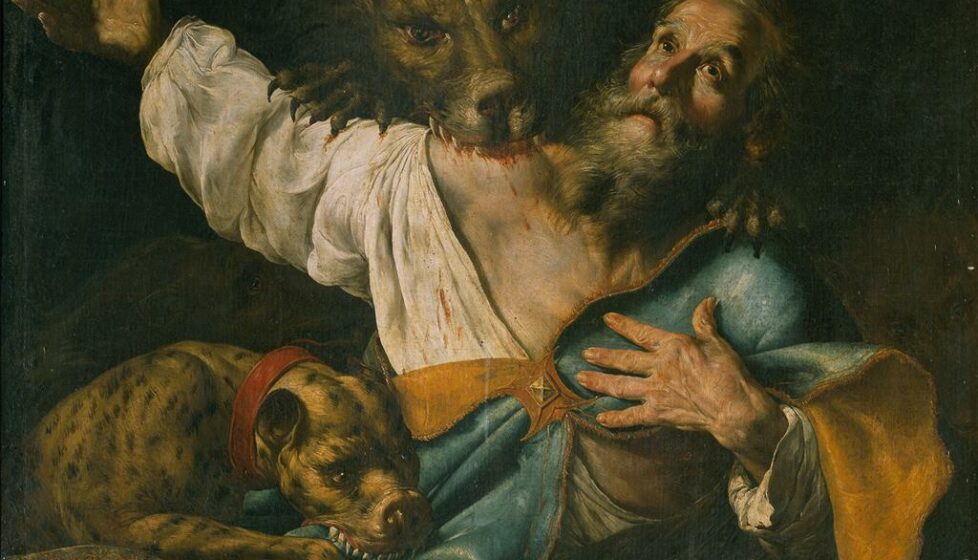Stories of Christian Martyrs: James Renwick
Scotland

Kill a martyr; make a follower. If only England had known what the deaths of Scottish Covenanter leaders would do for the movement, and how those courageous men and women would light a fire of faith among the next generation. So it was for nineteen-year-old James Renwick, a graduate of the University of Edinburgh despite his family’s humble means. Renwick had watched Donald Cargill die, had heard his stirring last words, and had seen his head and hands strung up on Netherbow Gate. That day Renwick determined to carry the mantle, to be a Covenanter preacher.
He turned out to be a very good one. He was clear, sincere, and passionate. In the meetings he held along hillside heather and valley stream, hundreds would hear him preach about a gospel centered on Christ, a church free of state control, and a destiny of joy that God had prepared for each person who trusted the Savior. Cargill would have been proud to hear him and see him evade capture time and time again.
One time, Renwick traveled to Newton Stewart for a series of outdoor meetings, called conventicles. During his stay at the town’s inn, an
officer of the king’s army, also passing the night at the inn, engaged him
in conversation. The two talked into the night, each equally delighted by
the lively interchange. At length they retired. When the officer inquired
the next morning about his new friend, he was told the man named James
Renwick had left early to escape capture. The stunned officer simply
returned to his barracks, convinced that such a winsome, harmless young
man as Renwick was not worth arresting.

On another occasion, Renwick sought a hiding place in a shepherd’s
cottage from which he had heard loud singing. He surmised it to be a
Covenanter’s cottage because of the exuberance of the music. But no,
this shepherd was merely drunk and free-spirited. Still, Renwick spent
the night. In the morning while his own clothes were drying, Renwick used one of the man’s old plaids for a morning walk, roaming the valley
to pray and enjoy the early hour. Suddenly, a troop of soldiers appeared.
They stopped the plaid-draped Scotsman to ask the whereabouts of the
preacher they were hunting. Satisfied with the old man’s empty-headed
innocence, the soldiers rode on. Another narrow escape for Renwick.
Finally, in 1684, a frustrated Privy Council issued an edict naming
James Renwick and all who gave him aid as enemies of the state. To
withhold information or to hide him was tantamount to collusion in his
crimes. Even then, three years would pass before the king’s men would
catch him.
In December 1687, Renwick was seized in Edinburgh when an officer heard praying inside a house and recognized the voice. The charges against him were three: refusing to accept the king’s authority, refusing to pay the tax, and counseling his listeners to attend outdoor meetings with arms. Renwick pleaded guilty to all three and declined offers of pardon. On February 17, 1688, he was hanged in the Grassmarket, Edinburgh, and his head and hands hung on Netherbow Gate.
Who might have been watching that day in the Grassmarket? What young Christian might have been inspired when they heard him say, “I go to your God and my God. Death to me is a bed to the weary. Now, be not anxious. The Lord will maintain His cause and own His people. He will show His glory yet in Scotland. Farewell.”
This story is an excerpt from Foxe: Voices of the Martyrs. You can get your own copy free with any donation to The Voice of the Martyrs.

